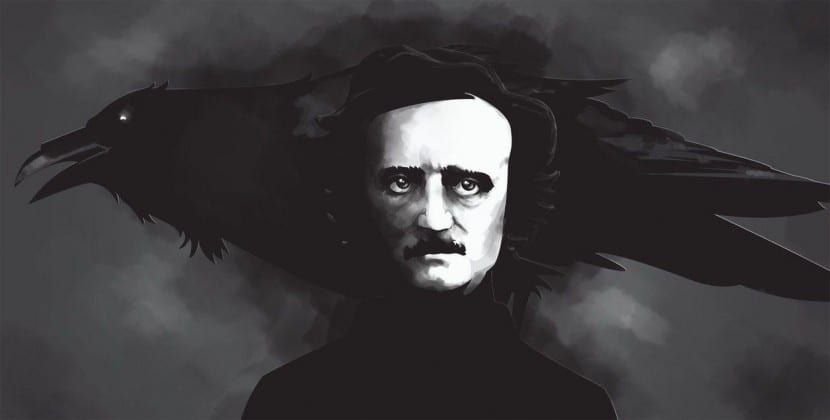
The amount of authors that exist is unimaginable, millions of people write either for their own pleasure or for others to enjoy. However, with such a large number of authors, it is not surprising that there are some who wrote very good stories and today are recognized worldwide but who, in his time, when they wrote those books, were not known due to anonymity, low diffusion or the myriad problems that existed at that time and made it difficult for a poor person to be recognized.
Today I present 10 of these authors that you surely know but whose stories did not become meaningful until after his death.
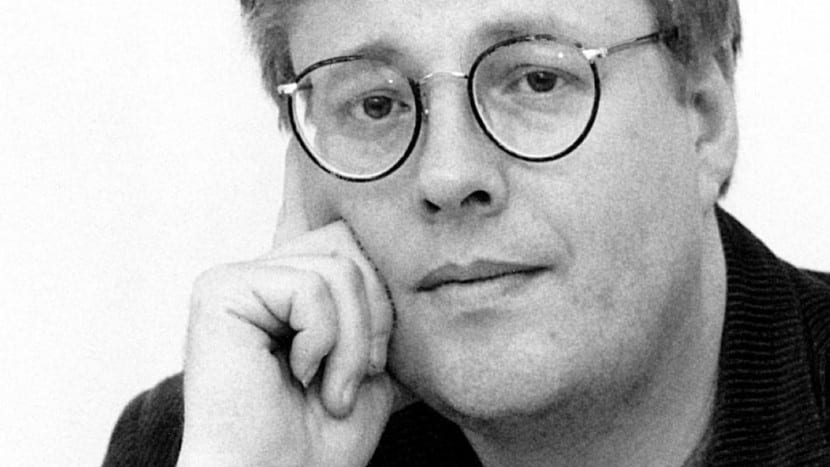
Stieg Larsson (1954-2004)
It wasn't so long ago that the Millenium saga began to stomp, becoming one of the best sagas of the detective genre. This saga has more than 78 million copies sold worldwide, in addition to the film version that was made.
Well, this author was fighting for many years to get his trilogy published and it was not until after his death that this saga began to have the impact it deserved.
John Kennedy Toole (1937-1969)
Possibly one of the authors who most wanted to publish, what was the case that He committed suicide after a depression in which he entered when he was rejected by numerous publishers. If this man had not committed suicide at 32, I could have seen how his work, "Plot of Fools" won the Pulitzer Prize in 1981. This work was able to reach our hands thanks to his mother, who found it in a drawer and decided to publish it.

Salvador Benesdra (1952-1996)
Considered one of the representatives of Argentine literature, he was another author who decided to choose the path of suicide in 1996 due to the frustration he felt after the multiple rejections of his work "The translator" because they said it was too complex for the reader of the time.
Andres Caicedo (1951-1977)
Another author, in this case Colombian, who decides to commit suicide by consider living over 25 years a shame for the human being. Andrés Caicedo was a film and music critic. After receiving the copy of your book "Long live music"Satisfied with the reception he had, he decided to take 60 tablets of secobarbital.
Witold Gombrowicz (1904 - 1969)
Author recognized for his novel "Ferdydurke", decided to escape the intellectual environment. In 1939 he decided to travel to Argentina, where a few days later World War II broke out, which prevented him from returning to his country. The author survived thanks to various period newspapers. His books have been out of print for a long time.
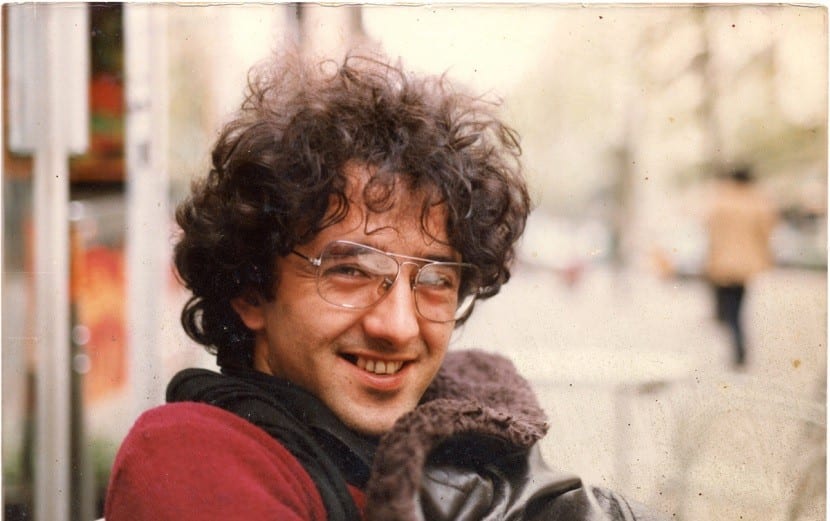
Roberto Bolaño (1953 - 2003)
Born in Chile, he is considered the founder of the infrarealist movement. He used to enter low-quality literary competitions and became one of the most influential writers in the Spanish language. A year after his death after liver failure, his work "2666" was published.
Carlo Collodi (1826 - 1890)
Florentine journalist and writer, recognized for "Pinocchio", the wooden child. The creation of this story was done to pay his family's debts. In 1940, several years after his death, Disney decided to make an adaptation of this story.
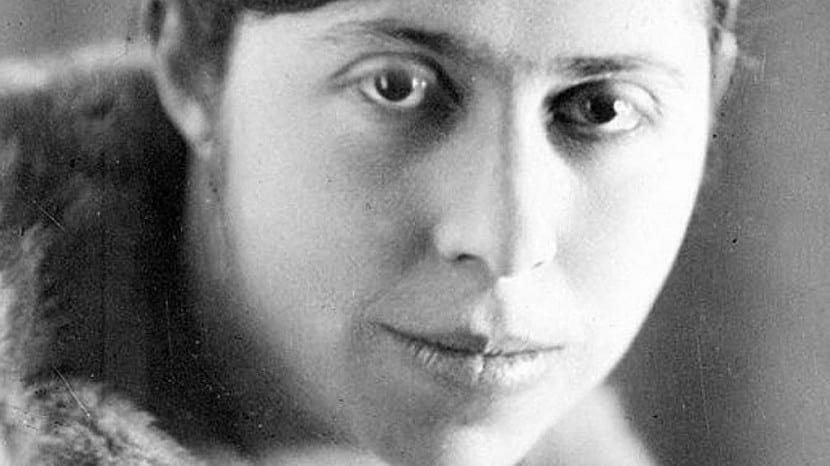
Iréne Némirovsky (1903 - 1942)
Jewish born in Russia, died in the concentration camps of Auschwitz. His daughters survived Nazism and kept a notebook of their mother and after 50 years they dared to read it, discovering the story "French Suite" and publishing it in 2004.
Edgar Allan Poe (1809 - 1849)
One of the most acclaimed characters in literature, admired by great writers such as Oscar Wild or Jorge Luis Borges, Poe suffered countless misfortunes until his death in 1849 after a depression over the death of his wife. His stories arose in their nervous breakdowns generated by alcohol, from which he wrote horror and supernatural tales.
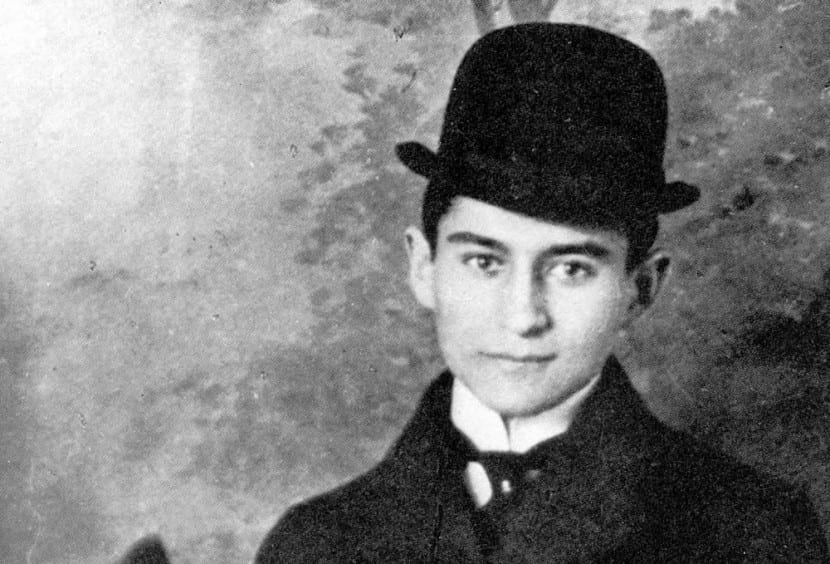
Frankz Kafka (1883 - 1924)
Kafka was one of the most innovative writers of the XNUMXth century. After a difficult childhood, he wrote and published some times and, shortly after, he was diagnosed with tuberculosis. Dora Diamant kept much of her writing a secret and to this day the search for some papers continues.
These authors lived through difficult times, as most decided to choose the path of suicide or died from illness. What is clear is that the nineteenth and twentieth centuries were not years of easy life, although without that type of life a large part of them would not be known today because thanks to their circumstances they wrote these works that have such an impact today.
Interesting list but with some important error. 'Ferdydurke' by Gombrowicz is not at all a "youth novel", despite the fact that the author wrote it when he was young. Bolaño's 'Wild Detectives' was published in 1998, five years before his death, and has already made him quite famous; the one they published posthumously and gave him much more fame was '2666' (although it appeared in 2004, only a year after he died).
Thank you very much for the corrections, it seems that I have been confused by so much information that circulates on the internet.
Another major mistake. In life, Carlo Collodi was well known and loved in his country for his children's stories. That he was not known internationally does not mean that he did not receive recognition until Disney adapted Pinocchio. In fact, in the first version of the story, the doll was hanged to death at the hands of the Fox and the Cat, and the story ended there. So many readers wrote letters begging Collodi to "resurrect" Pinocchio, that Collodi picked up and continued the story, causing the Blue-Haired Maiden to rescue him. If he had not been a popular author at the time, the work would not have reached our days as we now know it.
Missing from the list was the brilliant Miguel de Cervantes, creator of the Modern Novel with "Don Quixote" (1605-1615), who in his time was considered only a "festive" writer, that is, a comedian, humorist, second-rate, and many decades after his death in 1616 his appreciation as a profound writer, with broad philosophical content and great merits as a renovator of the narrative, began. Cervantes aspired in life literary immortality and his contemporaries underestimated him and even branded him "lay ingenuity", a gratuitous disqualification to point out that, lacking literary knowledge, he wrote a great work by carom, miracle or chance. False thesis defeated by two truths: 1) He was a self-taught man with a very broad literary culture. 2) He wrote "Don Quixote" with full knowledge and ambition in search of literary immortality that would enshrine it as a new classic, capable of being worthy of comparison with Homer, Virgil, Dante and Aristophanes. And centuries after his death he achieved such fame, dreamed and deserved.